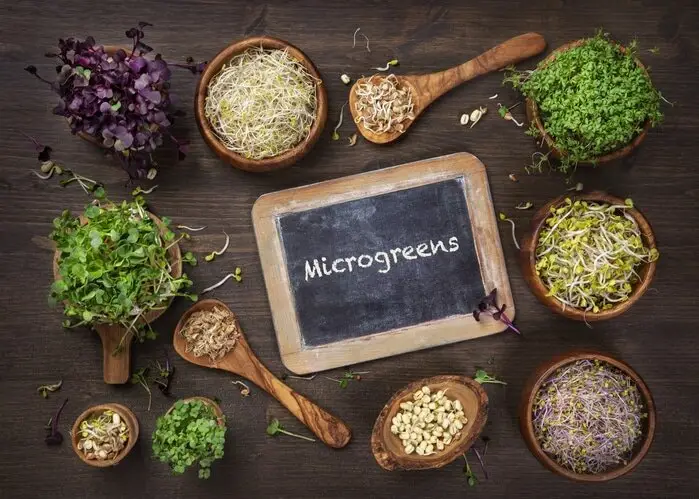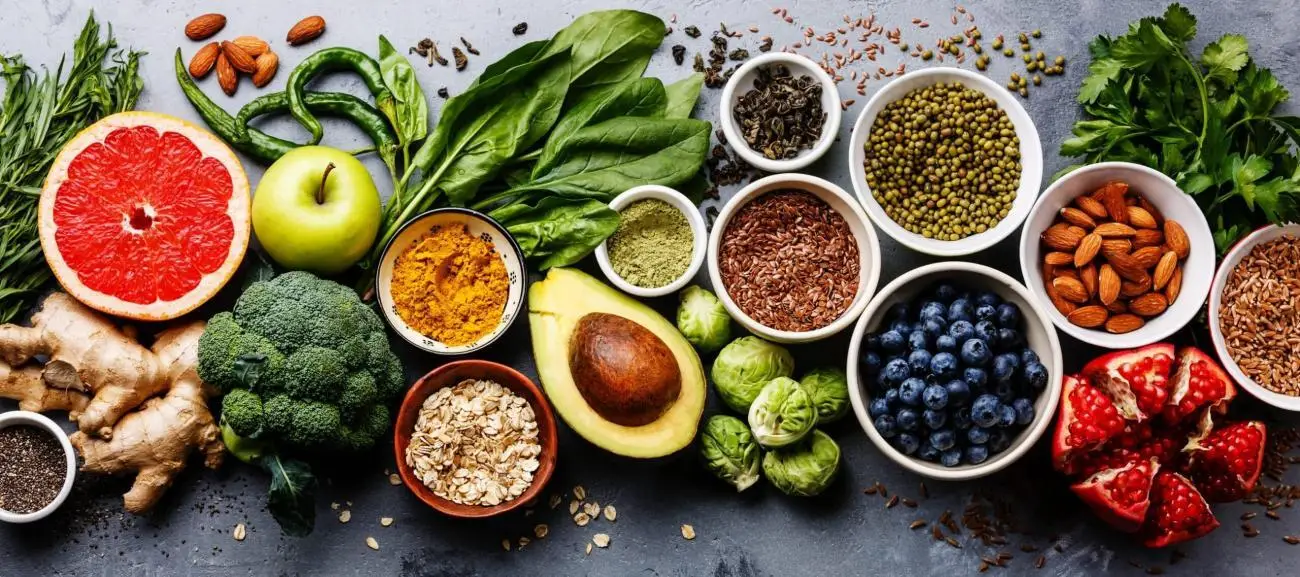How to Incorporate More Nutrient-Rich Foods into a Plant-Based Diet

Introduction
How do we incorporate more nutrient rich foods into our diet? Plant-based diets have gained significant popularity in recent years due to their numerous health benefits and positive impact on the environment. However, ensuring that your plant-based diet is nutrient-rich and well-balanced is crucial to maintaining optimal health. By incorporating a variety of nutrient-dense foods, you can meet your nutritional needs and thrive on a plant-based diet. In this article, we will explore practical tips to help you incorporate more nutrient-rich foods into your plant-based lifestyle.
Embrace Whole Grains
Whole grains are an excellent source of complex carbohydrates, fibre, and various essential nutrients. Swap refined grains like white rice and flour with nutrient-rich alternatives such as quinoa, brown rice, whole wheat, oats, and barley. These grains provide important nutrients like B vitamins, iron, magnesium, and fibre, which promote digestive health and help control blood sugar levels.
Power up with Plant Proteins
Protein is an essential macronutrient that plays a vital role in building and repairing tissues, as well as supporting overall health. Incorporating a variety of plant proteins ensures you meet your daily requirements. Legumes like lentils, chickpeas, black beans, and edamame are excellent sources of protein and fibre. Additionally, tofu, tempeh, seitan, and plant-based protein powders can provide adequate protein intake. Nuts, seeds, and their butter are also great sources of protein, healthy fats, and essential micronutrients.
Load Up on Fruits and Vegetables
Fruits and vegetables are the cornerstone of any nutritious diet. They are rich in vitamins, minerals, antioxidants, and fibre. Aim to incorporate a diverse range of colourful produce into your meals to maximize nutrient intake. Include leafy greens like spinach, kale, and Swiss chard, along with cruciferous vegetables like broccoli, cauliflower, and Brussels sprouts. Add fruits like berries, citrus fruits, apples, and bananas to ensure a variety of essential nutrients.
Harness the Power of Superfoods
Superfoods are nutrient-dense foods that offer exceptional health benefits. Include some of these superfoods in your plant-based diet to boost your nutrient intake. Chia seeds, flaxseeds, hemp seeds, and walnuts are rich in omega-3 fatty acids. Spirulina and chlorella are nutrient-dense algae packed with vitamins, minerals, and protein. Other superfoods like berries, turmeric, ginger, and dark leafy greens offer an array of health-promoting properties.
Don’t Forget about Calcium
Calcium is an essential mineral required for strong bones and teeth. While dairy products are the most well-known sources of calcium, there are plenty of plant-based options available. Incorporate calcium-rich foods such as fortified plant milk (soy, almond, oat), tofu, tempeh, kale, collard greens, broccoli, and fortified plant-based yoghurts into your diet to meet your calcium needs.
Include Healthy Fats
Healthy fats play a crucial role in nutrient absorption, hormone production, and overall health. Incorporate foods like avocados, olives, nuts, and seeds into your meals. Use cold-pressed oils like extra virgin olive oil, flaxseed oil, or avocado oil for cooking and dressings. These healthy fats are rich in omega-3 and omega-6 fatty acids, which support heart health and reduce inflammation.
Experiment with Herbs and Spices
Herbs and spices not only enhance the flavours of your meals but also provide additional health benefits. Turmeric, ginger, cinnamon, garlic, and cayenne pepper are known for their anti-inflammatory and antioxidant properties. Incorporate these herbs and spices into your plant-based dishes to add depth and complexity. Additionally, herbs like basil, parsley, cilantro, and mint can provide essential vitamins and minerals while enhancing the taste of your meals.
Optimize Iron Intake
Iron is crucial for transporting oxygen throughout the body and preventing anaemia. While plant-based sources of iron may be less easily absorbed than animal sources, you can enhance absorption by pairing them with vitamin C-rich foods. Include iron-rich foods such as legumes, tofu, tempeh, spinach, quinoa, and fortified cereals in your meals. Pair them with citrus fruits, bell peppers, tomatoes, or squeeze some lemon juice over your dishes to increase iron absorption.
Prioritize Vitamin B12
Vitamin B12 is essential for nerve function and the production of red blood cells. Since it is primarily found in animal products, it’s important for those following a plant-based diet to ensure adequate intake. Include fortified plant-based milk, nutritional yeast, fortified breakfast cereals, and plant-based meat substitutes that are fortified with vitamin B12. Consider discussing with your healthcare provider about B12 supplements if needed.
Plan and Prepare Balanced Meals
To ensure a nutrient-rich plant-based diet, plan and prepare balanced meals in advance. Incorporate a variety of food groups, including whole grains, legumes, fruits, vegetables, healthy fats, and plant proteins, into each meal. This approach will help you obtain a diverse range of nutrients and maintain a well-rounded diet.
Seek Professional Guidance
If you’re new to a plant-based diet or have specific nutritional concerns, consider consulting a registered dietitian or nutritionist who specializes in plant-based nutrition. They can provide personalized guidance, and meal plans and help ensure you’re meeting your nutrient needs.
Conclusion
Incorporating nutrient-rich foods into a plant-based diet is essential for optimal health and well-being. By embracing whole grains, plant proteins, fruits, vegetables, superfoods, and healthy fats, you can ensure that your diet is abundant in essential nutrients. Remember to plan your meals wisely, experiment with herbs and spices, and consider professional guidance if needed. With these tips, you can enjoy the benefits of a nutrient-rich plant-based diet while supporting your overall health.
Disclaimer
The information provided in this article is for educational and informational purposes only and is not intended as medical advice. It is not a substitute for professional medical advice, diagnosis, or treatment. Always seek the advice of a qualified healthcare provider with any questions you may have regarding a medical condition. The author and publisher of this article are not responsible for any adverse effects or consequences resulting from the use of any suggestions, preparations, or procedures described in this article.
https://www.youtube.com/watch?v=G5o4ym5in_w



